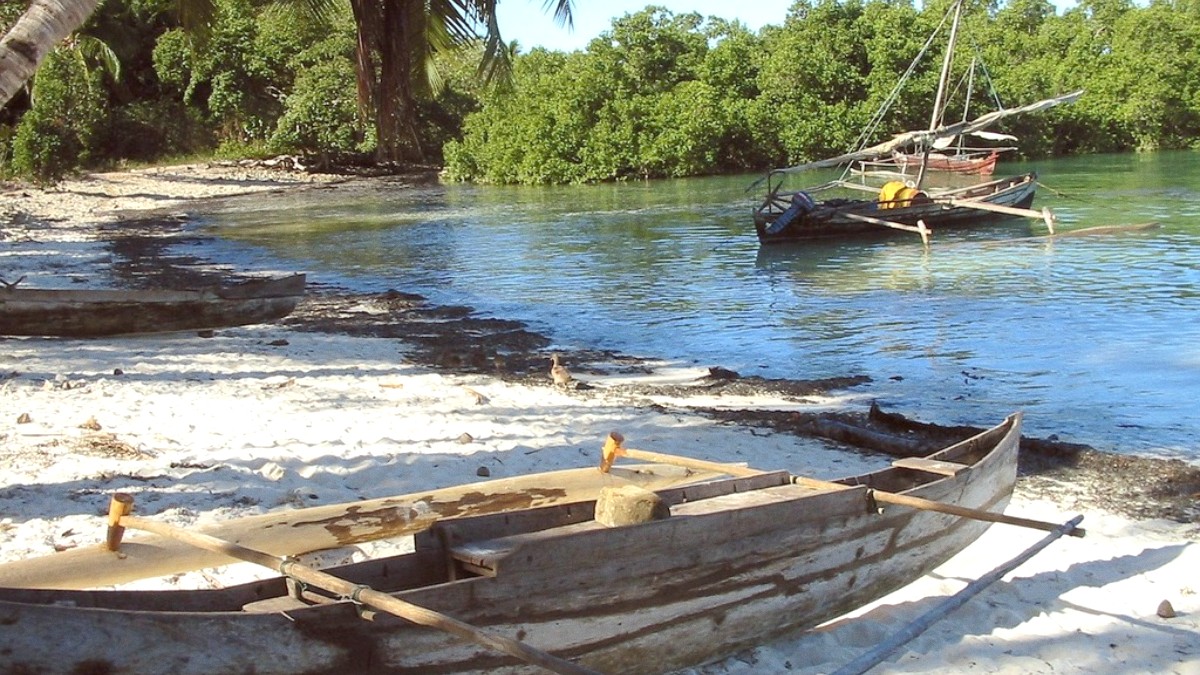
Limited number of hotels on South Tarawa, with basic amenities.
More common, offering simple rooms and local hospitality.
Mainly on Kiritimati, catering to anglers with full packages.
Informal stays with local families, especially on outer islands.
Confirm accommodation well in advance, especially for Kiritimati.
Some smaller guesthouses may not be listed on major platforms.
Cash payment upon arrival is common, verify in advance.
Freshwater availability varies; some rely on rainwater tanks.
Securing accommodation in Kiribati might require direct communication due to limited online presence for smaller establishments.
Hotels on Tarawa are few; Kiritimati fishing lodges are popular and book out. Outer island stays are scarce.
Prices vary greatly. Budget stays are very basic. Higher-end means more amenities but at a higher cost.
A global platform for hotels and guesthouses. Visit Booking.com
Strong presence in Asia-Pacific for hotels. Explore Agoda
For budget-friendly guesthouses and dorms. Find Hostels
Choosing sustainable accommodation respects the local environment and culture in Kiribati.
Prioritize guesthouses and small hotels that are locally owned and operated.
Inquire if the accommodation employs local staff and suppliers.
Atolls face freshwater limitations; use water sparingly.
Proper waste disposal is for atoll environments.
Turn off lights and air conditioning when leaving your room.
Some accommodations may use solar power; a bonus where present.
Support places that source local, seasonal food and materials.
Choose operators committed to protecting marine ecosystems.
Engage with staff and locals respectfully, learn a few I-Kiribati phrases.
Adhere to local customs, especially concerning dress code and photography.
Seek out genuine local experiences rather than staged interactions.
Provide constructive feedback to establishments on their sustainable practices.
Check recent reviews for insights on service quality, amenities, and local conditions.
Direct communication with your chosen accommodation helps confirm details and preferences.
Select accommodation that demonstrates commitment to environmental protection and local communities.
Your actions as a guest directly influence the local impact of tourism.
Carry out what you carry in and dispose of waste properly.